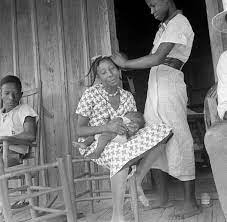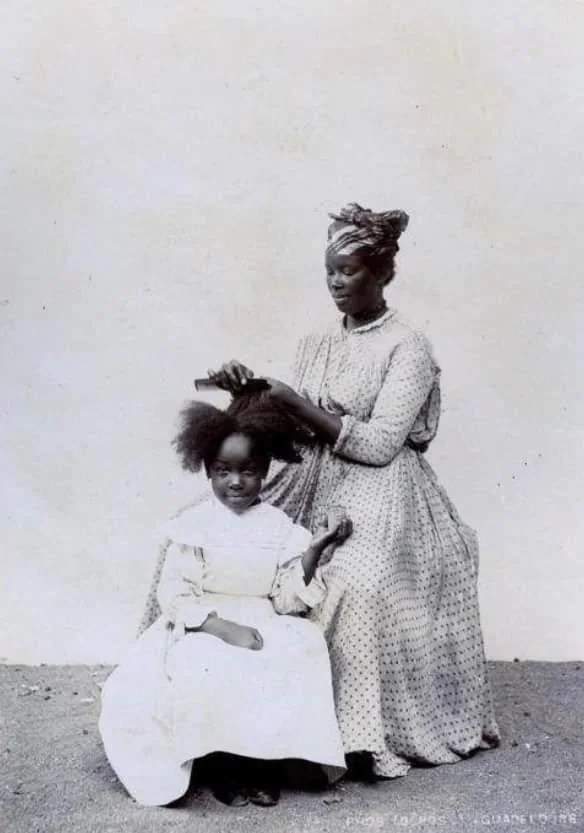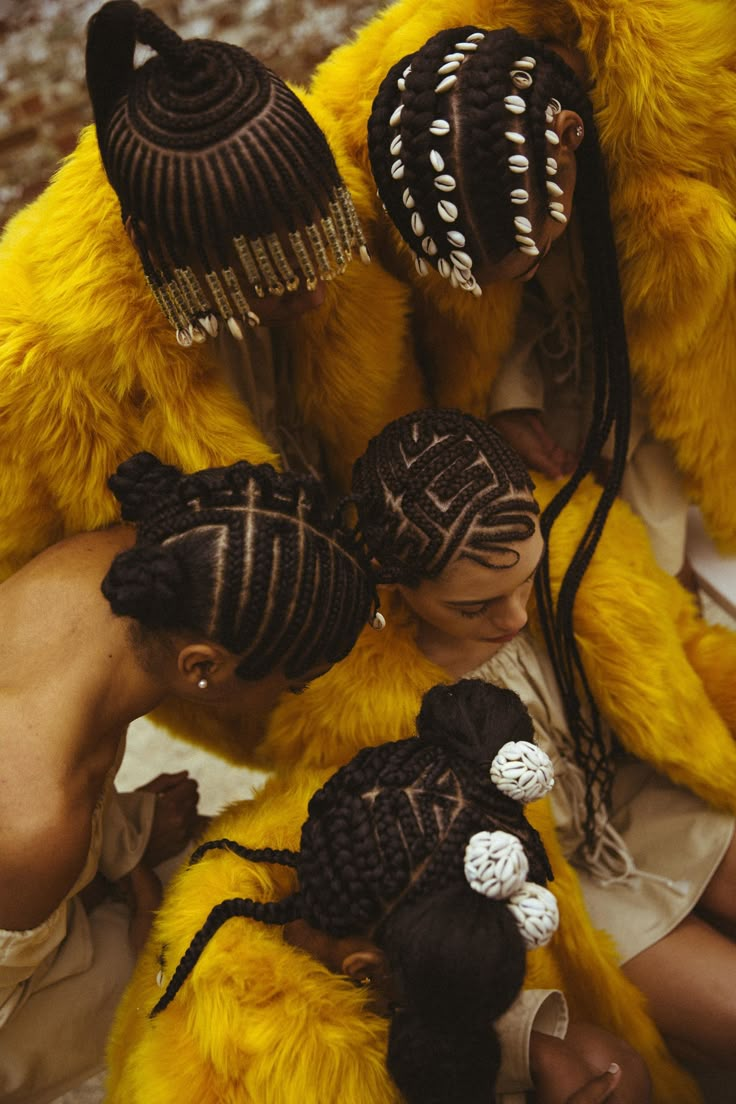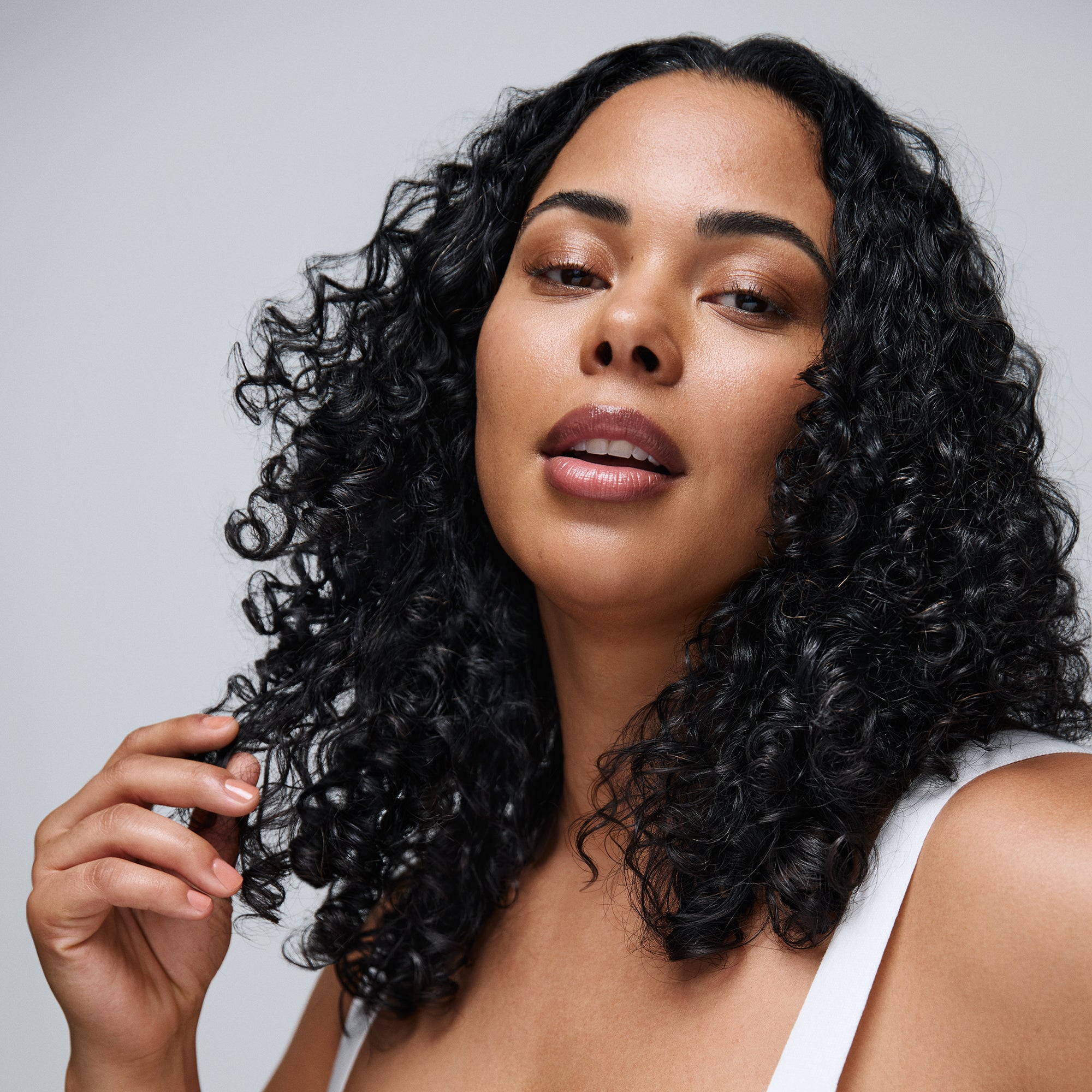Written By: Melissa M.
Black hair is more than texture or trend. It is a cultural symbol, a source of pride, and a form of expression deeply rooted in heritage. In the Black community, hair is a reflection of history, beauty, identity, and resistance. On National Hair Day, we honor not just the styles, but the stories behind every strand.
In many African societies, hair was a powerful tool of communication. Hairstyles often signified a person’s tribe, marital status, age, or wealth. Braiding was not only decorative but a bonding ritual among women. These traditions celebrated hair as a symbol of life, spirituality, and status.
When Africans were enslaved, these expressions were violently stripped away. Heads were often shaved to erase identity and cultural ties. Over time, the pressure to conform to Eurocentric standards led many to alter their hair to fit societal expectations. But even in those times, hair became a quiet form of resistance. Cornrows were used to hide seeds or maps, preserving hope and survival.


Hair in Black culture is a reflection of self. Whether relaxed, natural, braided, or locked, each style tells a story. Many Black people view their hair journey as a personal evolution—one that includes embracing their natural texture and rejecting harmful beauty ideals.
– ADVERTISEMENT –
The act of wearing natural hair, especially in public or professional spaces, is powerful. It says, “I am proud of who I am.” The “big chop” is not just about cutting hair—it is a declaration of freedom. It marks the start of a journey toward authenticity and acceptance.
Black hair has always been politicized. From afros in the civil rights era to today’s push for protective styles in corporate spaces, hair is often at the center of debates about professionalism, beauty, and identity.
Discrimination based on hair texture and style still exists. Many people have faced school suspensions or job loss for wearing braids, locs, or afros. This has led to the creation of the CROWN Act, which seeks to ban race-based hair discrimination. The movement is more than legal reform—it is about recognizing the right to wear natural hair with pride.
Black hair is also a canvas for creativity. Styles like bantu knots, finger waves, and box braids are not only beautiful but culturally significant. These styles are often passed down through generations, creating a living archive of Black artistry.
Social media has given rise to a new era of expression. Black influencers, stylists, and entrepreneurs have turned hair tutorials into empowerment platforms. They educate, inspire, and challenge outdated norms—while creating space for Black beauty to shine.
Hair care is an emotional and spiritual experience for many. From Sunday wash days to sitting between a loved one’s knees for braids, these moments are acts of love and care. Hair becomes a thread that ties generations together.
It also serves as a form of healing. For some, learning to care for their hair is a way to unlearn shame and rebuild confidence. Each twist and curl becomes a celebration of identity and culture.
– ADVERTISEMENT –
Black hair is a crown, a legacy, and a declaration of power. It carries centuries of history, resistance, and pride. On National Hair Day, we do more than style our hair, we honor it. In every strand, there is a story worth telling.


